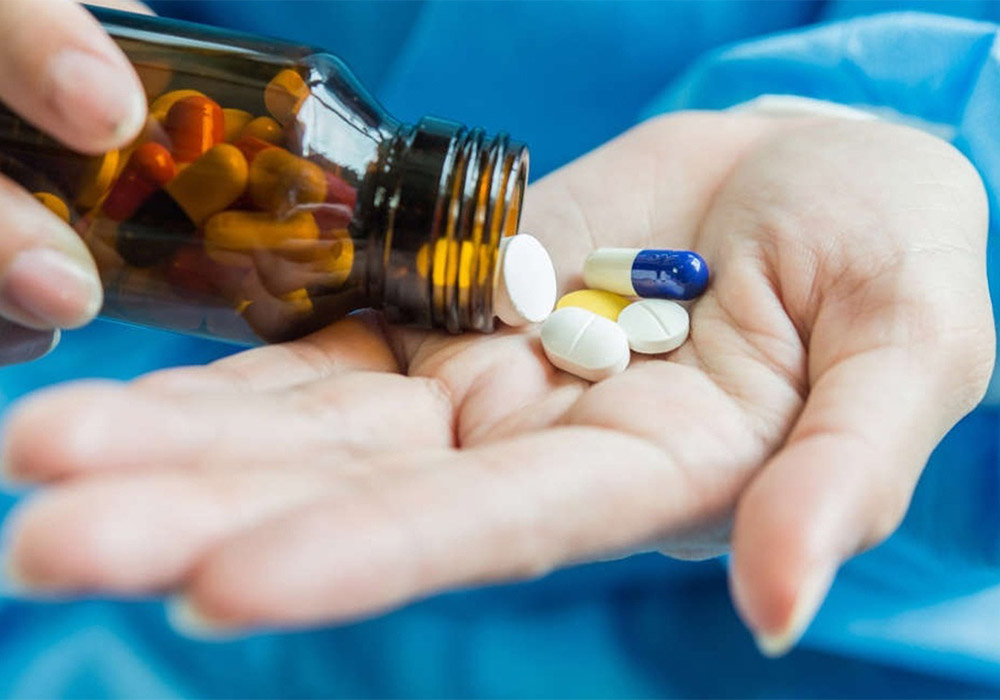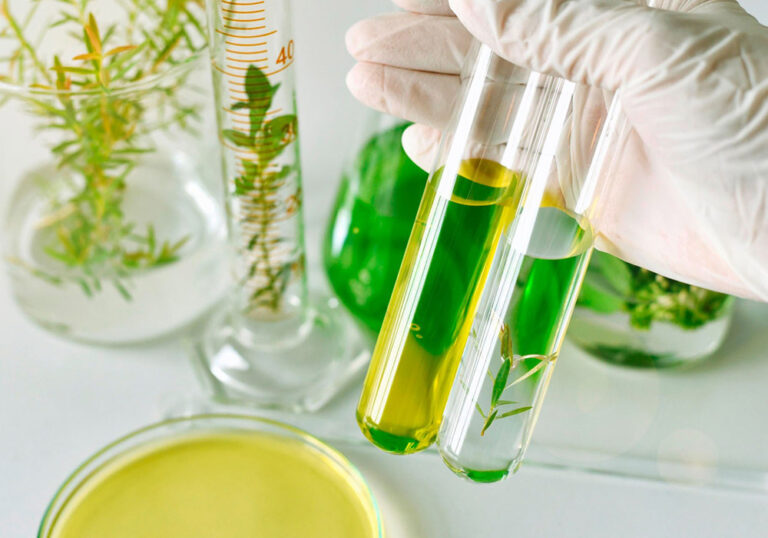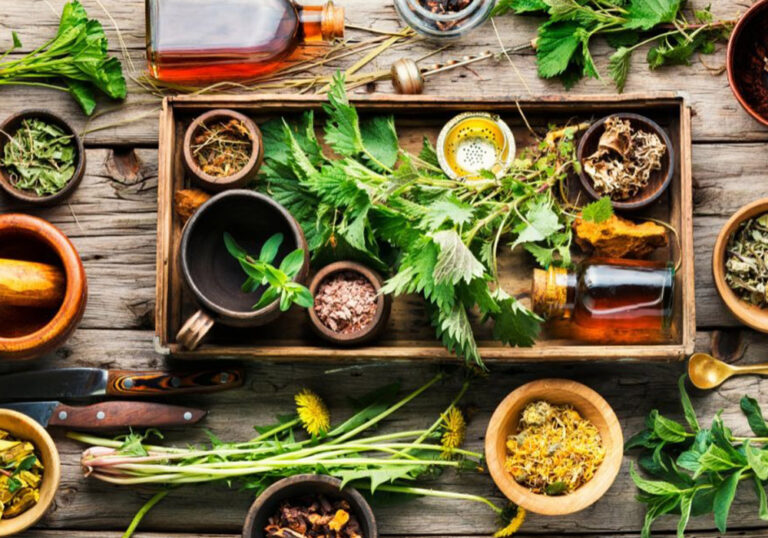14 Signs of Drug Toxicity You Should Know
Drug toxicity occurs when the body is exposed to a substance that harms or endangers its health, specifically when the body’s metabolism cannot detoxify a drug quickly enough to prevent unwanted side effects. While some medications may cause temporary damage to specific organ systems, overdosing on others can lead to permanent harm, with the liver and kidneys being particularly at risk. The severity of toxicity is directly correlated with the dosage and duration of drug use, affecting all age groups but being more prevalent in children under five and among adolescents to middle-aged adults. Causes of drug toxicity can be accidental or intentional. Accidental toxicity is observed in young children who might inadvertently ingest medication due to curiosity, as is common in children aged six months to three years who tend to put everything they find into their mouths. Alternatively, adults, especially the elderly or those on multiple medications, may mistakenly take the wrong drug or dosage. Intentional overdosing, often associated with severe depression, can lead to drug toxicity in adolescents and adults aiming to self-harm. Such instances are accompanied by significant distress, emphasizing the critical need for prompt psychiatric consultation and treatment, as depression is a treatable condition that can be managed with professional guidance, allowing individuals to return to a peaceful life.
Symptoms of drug toxicity arise because medications affect the entire body; when taken in excess, side effects are amplified, and other effects may occur that do not happen with normal consumption, potentially damaging specific organs depending on the drug. These symptoms can be varied and include
- Irregularities in vital signs such as: heart rate, respiration, and blood pressure
- Drowsiness, confusion, coma, and aspiration
- Cool, clammy skin with a pale complexion
- Chronic pain from lung damage and shortness of breath
- Severe stomach pain and abdominal discomfort
- Nausea, vomiting, and diarrhea
- Intestinal bleeding
- Blue lips or fingertips
- Body weakness
- Chest pain
- Dizziness and loss of balance
- Seizures
- Visual disturbances
- And hallucinations.
Treatment for drug toxicity
In case of drug toxicity, a specific antidote will be administered.In rare cases, gastric lavage may be performed to mechanically remove unabsorbed drugs from the stomach. Activated charcoal is administered to bind with the drug, keeping it in the stomach and intestines to reduce its absorption into the bloodstream, after which it is excreted in the stool; often, a catalyst is given with the charcoal to expedite fecal elimination. For severe drug toxicity with certain substances, other medications may be administered as antidotes to reverse the effects of the original drug or prevent further harm.
What should we ingest for drug poisoning treatment at home?
Drug poisoning is extremely dangerous. We advise against self-medication; upon observing symptoms, consult a doctor.
Drug poisoning is extremely dangerous. We advise against self-medication; upon observing symptoms, consult a doctor.
- To prevent drug poisoning (even accidental), pain relievers and vitamins should be stored in a safe and secure place.
- Familiarize yourself with the symptoms of drug poisoning, and if you observe them, immediately go to the emergency room.
- Individuals with specific mental illnesses require the support of family and friends for medication management and social assistance.
- Preventing poisoning and harm in children is a crucial responsibility for parents. Secure your home so that children do not have access to medications. Accidental poisonings are one of the leading causes of death in children aged 6 months to 5 years.
- Ensure that individuals consuming medications can distinguish one drug from another. Pills can be categorized and labeled in small containers to indicate their consumption times.






11 Responses
Partner with us for high-paying affiliate deals—join now! https://shorturl.fm/tL2uV
Join our affiliate community and maximize your profits! https://shorturl.fm/4c3Bf
Sign up for our affiliate program and watch your earnings grow! https://shorturl.fm/8enPc
Become our partner and turn clicks into cash—join the affiliate program today! https://shorturl.fm/Bj1dB
Tap into a new revenue stream—become an affiliate partner! https://shorturl.fm/RSkaj
Promote our brand and get paid—enroll in our affiliate program! https://shorturl.fm/eS5dz
Become our partner and turn referrals into revenue—join now! https://shorturl.fm/6hSqY
Start profiting from your traffic—sign up today! https://shorturl.fm/xzBXx
Share our link, earn real money—signup for our affiliate program! https://shorturl.fm/qCKnt
Monetize your traffic instantly—enroll in our affiliate network! https://shorturl.fm/DSe6A
Invite your network, boost your income—sign up for our affiliate program now! https://shorturl.fm/QPqjv